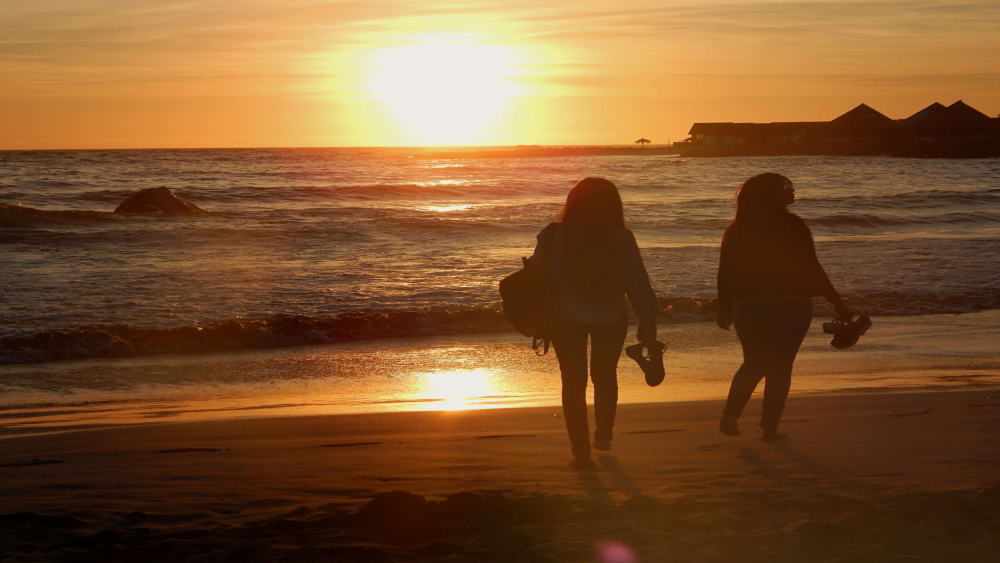Anti-ageing is a significant concern for many people around the world. But, for those of us living in Australia and New Zealand, we are even more aware of the effects that the sun can have on our delicate skin. There are many anti-ageing products on the market; however, although collagen and elastin loss happens naturally with age, the best thing you can do for your skin is to prevent the damage from occurring in the first place. This is where sunscreen, one of the most powerful anti-ageing weapons in your arsenal, comes in.
The effect the sun has on your skin
Every day, the sun is causing damage to your skin. This happens in two ways.
Firstly, we have UVB, also known as surface burning rays. UVB rays are typically responsible for the burning that occurs on the superficial layers of your skin. These are the rays responsible for producing sunburns and play a key role in the development of skin cancers.
On the other hand, we have UVA, also known as deeply penetrating rays. These rays penetrate more deeply into your dermis and play a significant role in photoaging, which includes age spots, premature skin ageing and wrinkling. There are around 500 times more UVA rays in sunlight compared to UVB, but it’s crucial that you protect your skin from both.
Benefits of sunscreen
Studies have shown that a broad-spectrum sunscreen, which protects against both UVA and UVB rays, can not only protect you from the risk of skin cancer but also prevent the signs of premature ageing that are caused by the sun.
The Annals of Internal Medicine released a study titled Sunscreen and Prevention of Skin Aging. This four and a half year study looked at 903 participants who were divided into four groups. Group 1 applied an SP15+ sunscreen on a daily basis every morning and reapplied regularly throughout the day. Group 2 applied sunscreen as they normally would (which also included not applying it at all). Group 3 ingested a beta-carotene supplement, and Group 4 took placebo pills.
The study found that Group 1 (who regularly applied sunscreen) showed no visible signs of increased ageing on their skin. However, the participants who only wore sunscreen some of the time or none at all showed 24% more skin ageing as evidence by wrinkled, dry, crusty or blotchy skin.
How to apply sunscreen effectively
Dermatologists generally recommend a sunscreen with a minimum SPF of 30. This stops 97% of UVB rays from reacting with your skin. For UVA protection, you will want to look for a sunscreen with a rating close to PA+++ or five stars.
When it comes to ageing, the areas that are more likely to display the signs of ageing earliest are our hands and neck. Other areas that show the effects of ageing from sun damage are face wrinkles, dark spots and drooping eyelids. Therefore, when applying sunscreen, it’s important to cover your hands and arms, face, neck and decolletage for the best results.
Apply your sunscreen at the start of the day, and remember to reapply it regularly – every two hours of exposure and immediately after swimming or excessive sweating.
Browse a range of sunscreen and skincare products with Endermologie ANZ to keep your skin looking young and fresh.

